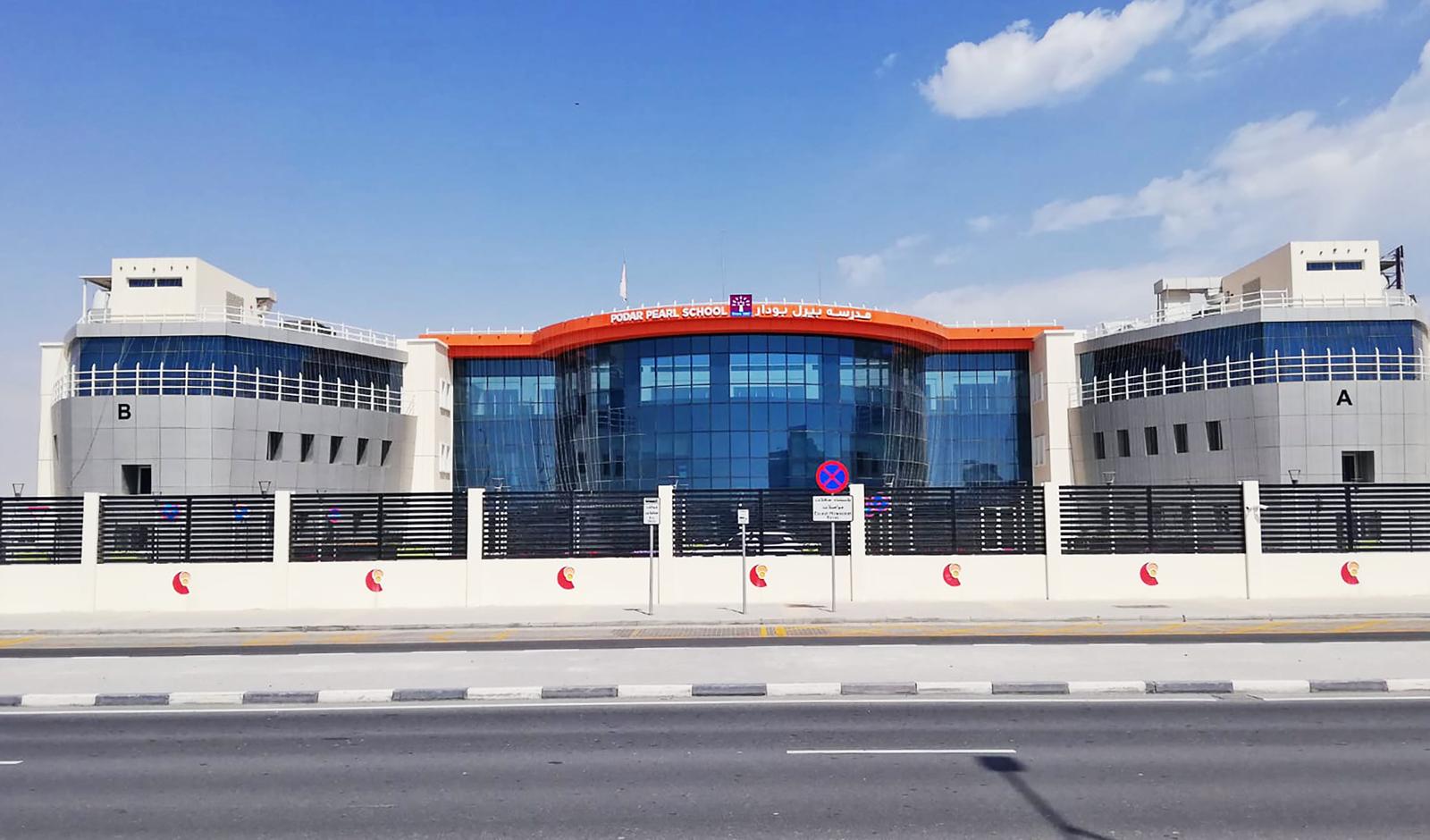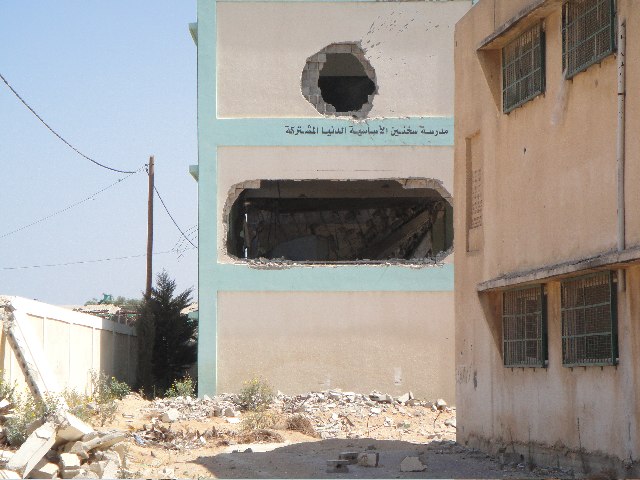
Citing extreme temperatures, several private schools in Qatar have joined the country’s independent schools in shortening classes and finishing up the school day earlier.
Government-run schools across the nation first implemented the shorter hours last week, with students now finishing the day at noon instead of 1pm.
After the thermometer hit 46C last week, and with humidity higher than usual for this time of year, more than half-a-dozen private schools have also decided to curtail their working days.
The move has resulted in applause from some parents, but others have criticized changing the schedules on short notice.
Affected schools
Included on the list is Newton International School Lagoon, which has cut its school day by about 90 minutes, finishing at noon instead of 1:30 or 1:40pm, following a directive from the school group’s CEO, Afaf Al Moadhadi.
A member of the school’s management team told Doha News that the decision was made to help children who are struggling to concentrate on their studies due to the heat.
“It is nearly the end of the academic year, and it is extremely hot. It is difficult for children to pay attention for any length of time. They are all hot and tired and will benefit from the shorter day,” she said.
The school had also shortened its hours last summer, she added.

Meanwhile, Birla Public School has also shortened their school days. Citing “extreme weather conditions,” Birla said kindergarten classes now run from 7am to 10:30am, while the rest of the school closes at 12:30pm, according to a notice on its website.
Bhavan’s Public School has followed suit with the same timings, which took effect yesterday.
Additionally, Ideal Indian School announced on its website that, as of yesterday, its kindergarten classes will run from 6:50am until 9:15am. Hours for the remainder of the school will be 6:50am to 12.30pm.
And Al Mahd International School has curtailed its school day by 30 minutes, finishing classes at noon instead of 12:30pm, a message on its website said.
Likewise, DPS Modern Indian School has advised that its day will be one hour shorter from tomorrow, June 9, “due to excess heat.”
In a message on its website from Principal Asna Nafees, its nursery and prep classes will run from 7:15am until 10:30am, while hours for the rest of the school will be 7:15am until 1pm.
A school official said school days had been similarly shortened at this time last year.
No outdoor games
Like many other schools throughout Qatar, DPS-MIS has also stopped allowing children to play games and sports outdoors during the hotter months. In guidance to its community, officials said:
“In order to avoid heat stress, all students are advised not to play in the playground areas during the recess,” it said in a notice online.

However, many other private schools are opting to continue with their normal timetable until the start of Ramadan, expected around June 18, when they will operate shorter hours.
With temperatures now well into the 40s, the weather this year does appear to be hotter than is expected for June, and the humidity has kicked in earlier than is usually the case.
Steff Gaulter, senior meteorologist for Al Jazeera English, said such conditions aren’t usually experienced in Qatar until around the middle of July. However, winds should help to clear the worst of the sticky humidity by the weekend.
Avoiding heat stress
In addition to concerns over children’s attention spans in the heat, schools are also keeping a close eye out for heat stress cases.

Heat stress can occur when a person is over-exposed to high temperatures, becomes dehydrated and unable to maintain a regular temperature of around 36-37C.
Some of the key signs of the first stages of heat stress include lethargy, a slight loss of appetite, nausea and a slight headache. While it usually affects those working outside in the heat, anyone can develop heat stress.
Each year, Hamad Medical Corp. issues advice to residents on ways to avoid the condition. During the summer months, HMC hospitals usually see a rapid increase in the number of people receiving treatment for the condition, from 10 people per week up to 10 a day.
Key tips include:
- Keeping hydrated – drink water regularly (every 15 to 30 minutes, even if you are not thirsty) and avoiding caffeinated or alcoholic drinks, which can be dehydrating;
- Replacing large meals with several small snacks throughout the day. Salty snacks such as crackers can help replace salts and minerals lost through sweating;
- Avoiding being outside while the sun is at its strongest, between 11am and 3pm;
- Not leaving infants, children or pets unattended in a parked car, as temperatures can rapidly rise inside the vehicle; and
- Keeping an eye on the vulnerable, such as elderly people, young children and babies, and those who are obese or who have chronic illnesses such as diabetes and hypertension.
Thoughts?







